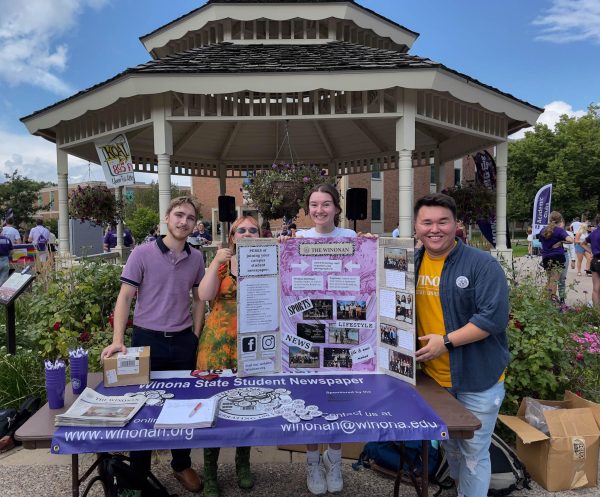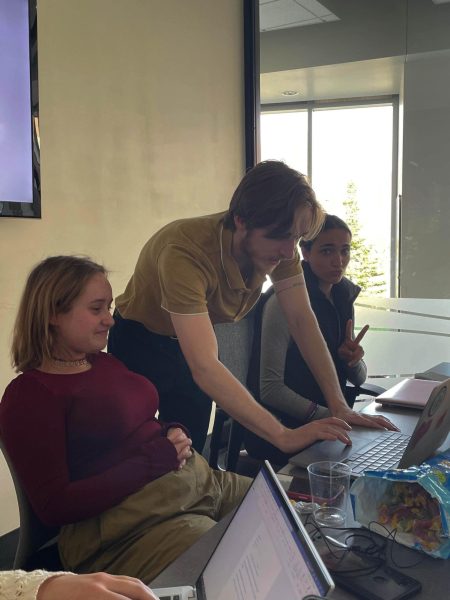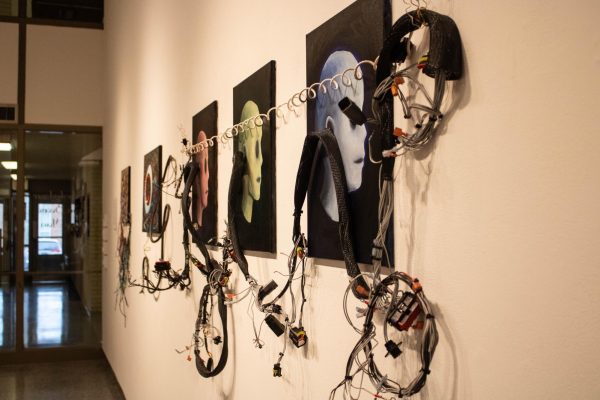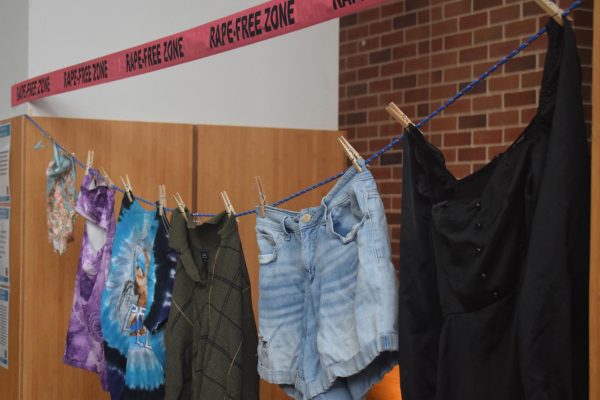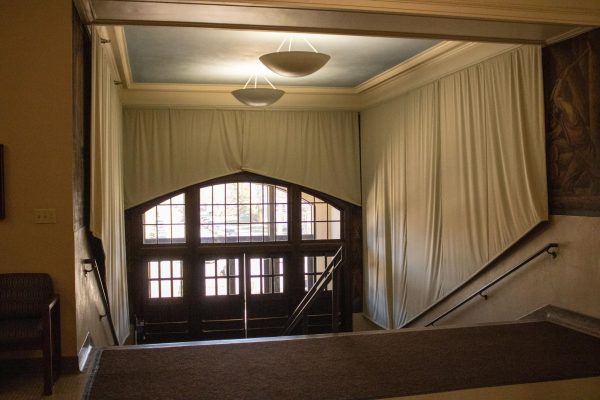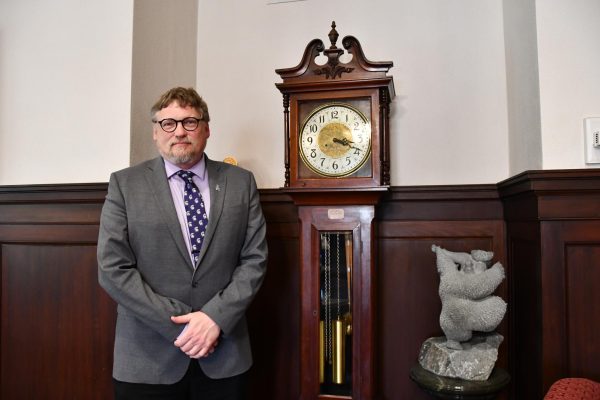Advocacy Center of Winona to take over advocacy position at Winona State
February 16, 2022
Since the resignation of Winona State University’s first-ever Confidential Advocate, Dr. Jessica Schulz, near the end of 2021, there has been buzz around what will be done to fill advocacy needs on campus. Throughout this past January, a contract has been in the works between the university and the Advocacy Center of Winona (ACW).
Director of ACW, Crystal Hegge, will be filling Schulz’s shoes for the foreseeable future beginning Monday, Feb. 14. Hegge’s exact hours of availability on Main Campus are still being decided.
Schulz’s exit statement cited siloing and decoupling on the part of Winona State leadership as things that made her duties as Confidential Advocate difficult, as well as a desire to move back to her home state, California, with her family.
“More than siloing, much of the leadership that I have engaged with is engaged in a practice known as “decoupling” …Decoupling is a phenomenon that happens in schools and businesses where one thing is said publicly… yet the actions of the institution do not fall in line. For example, WSU hired an advocate and expressed public support, yet many changes are not being advanced to meet the needs of victims and survivors,” Schulz said in her exit statement.
Also in the statement, she spoke of an incident where the details of a student’s experience with gender-based violence were reported without the permission of Schulz’s or the student’s. The seeming miscommunication about the reporting of gender-based violence incidents on campus is one particular issue the contract with the ACW is aiming to fix, according to Winona State’s Head of Security, Chris Cischosz.
“In the contract, they’ve addressed some of the reporting stuff that we want to try to respect,” Cischosz explained. “We want to try to respect that confidentiality as best as we can, but also know that we have an additional responsibility through the rest of the campus to try and inform people.”
Cischosz recognized the potential difficulties of maintaining confidentiality while also providing timely reports of campus crimes, like gender-based violence incidents, including his status as a Campus Security Authority (CSA). CSA responsibilities include being a mandatory reporter of crimes. Both Cischosz and Schulz were designated CSAs.
Ciscosz also pointed to the Clery Act as a guiding law in instances related to gender-based violence. The Clery Act, implemented in 1990, is a federal law requiring universities receiving federal funding to disclose campus crime statistics and information. The Department of Education monitors compliance with it.
“That’s why [the Clery Act] is there: to provide information so it doesn’t seem like maybe the university is trying to hide stuff or keep it out of the limelight,” Cischosz said. “We want that information, we know it happens, we know not everything is reported; when it is reported, we want to get that information out.”
Winona State’s Director of Legal Affairs, Lori Mikl, also cited the Clery Act and Title IX as the defining guides for navigating reporting of gender-based violence crimes.
“Because of the Clery and Title IX, there is going to be times that there is a limitation of information that we can share… in my role, between me and an advocate, I cannot provide all the information to an advocate unless I have the permission of the student to do so. I really don’t involve the advocate unless the student specifically asks me to do so,” Mikl said.
Mikl also gave insight into the ACW’s role on Main Campus, explaining Hegge and the ACW’s services at Winona State will be about the same services they provide for the general community.
“Really, they are occupying space on campus; they will be visible to students; they will provide those advocacy resources,” Mikl said.
Mikl is also a CSA alongside Cischosz but said unlike when Schulz was the advocacy resource on campus, the ACW and Hegge will not be CSAs.
Both Cischosz and Mikl recognized the newness of the campus advocate position, agreeing there will still be a transitional period in the relationship between it and other areas of the university.
“Whenever you create a new position and especially in this area, when it’s new I would say that the first six months to a year is really a growing year,” Mikl said.
Cischosz acknowledged Winona State’s need to ‘do better’ as well in regard to campus safety related to these types of crimes.
“I think we do a good job with [working with advocacy]. Can we do better? Yeah. Are there others that are doing worse? For sure. Will we make mistakes? Yep,” Cischosz said. “And we’ll work on it to get better.”
Winona State’s Student Senate recently recommended campus security hire two full-time staff members from the community as well as investing in more ads to hire student workers, to help with security needs. Student Senate cited a ‘higher number of crimes committed on campus’ as one reason for its recommendation at senate’s Feb. 8 meeting.
However, Cischosz said there is not a much higher rate of campus crime although it may seem like it because of the ‘timely warning’ emails he sends to the whole campus.
“It feels like there’s more because I have sent out more timely warnings, so the assumption is we have more. I think there’s multiple factors,” Cischosz said.
He explained COVID’s effect on student life is one contributor as well as the fact Winona State did not have a “true records management system” prior to his arrival in 2016, which makes it difficult to track the rate of and trends in campus crime.
ACW will begin filling the OASIS Center in Gildemeister Hall where Schulz had previously met with students, starting Feb. 14. A consistent schedule of the new advocacy resource’s availability is soon to be announced.




























































